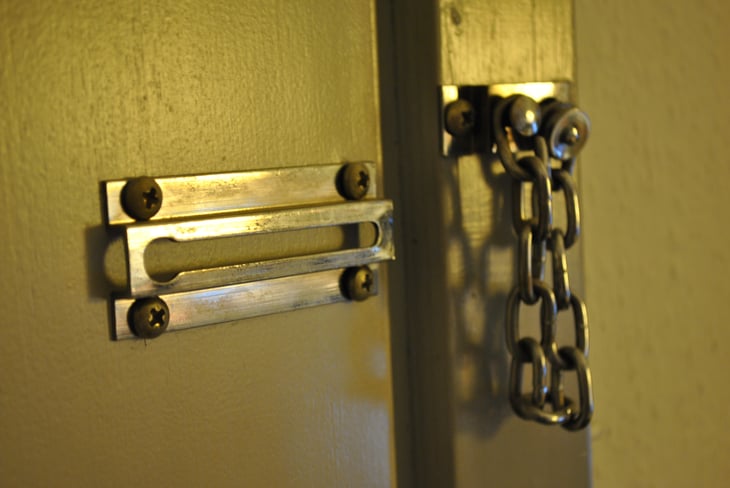I was asked recently to give a talk to a group of homeless service providers and advocates on “Courage in Times of Uncertainty.” In preparing, I realized there was no way I could address that subject. I believe fundamentally that we are not in times of uncertainty, but times of chaos. Each day in America, the headlines overwhelm us. Horrific school shootings. Escalating threats of nuclear war. Tax cuts for the wealthiest among us. People dying daily from opiate overdoses. Profound disrespect for women, immigrants, people of color, and LGBTQ people. Willful ignorance about climate change. Rampant homelessness and a public that has become used to it.
Chaos.
In the face of such chaos, our national leaders have abdicated their responsibility to guide and protect the nation and its people. In some cases, they are guilty of neglect. In just as many, they are guilty of cheerleading race hatred and dissension. In other words, it is not just that they refuse to fix the problem; they are the problem.
How should we respond?
It is all too easy to feel paralyzed—to wait, to bide our time—but we do not have that luxury. It is critical not to be discouraged. There is too much work to do.










